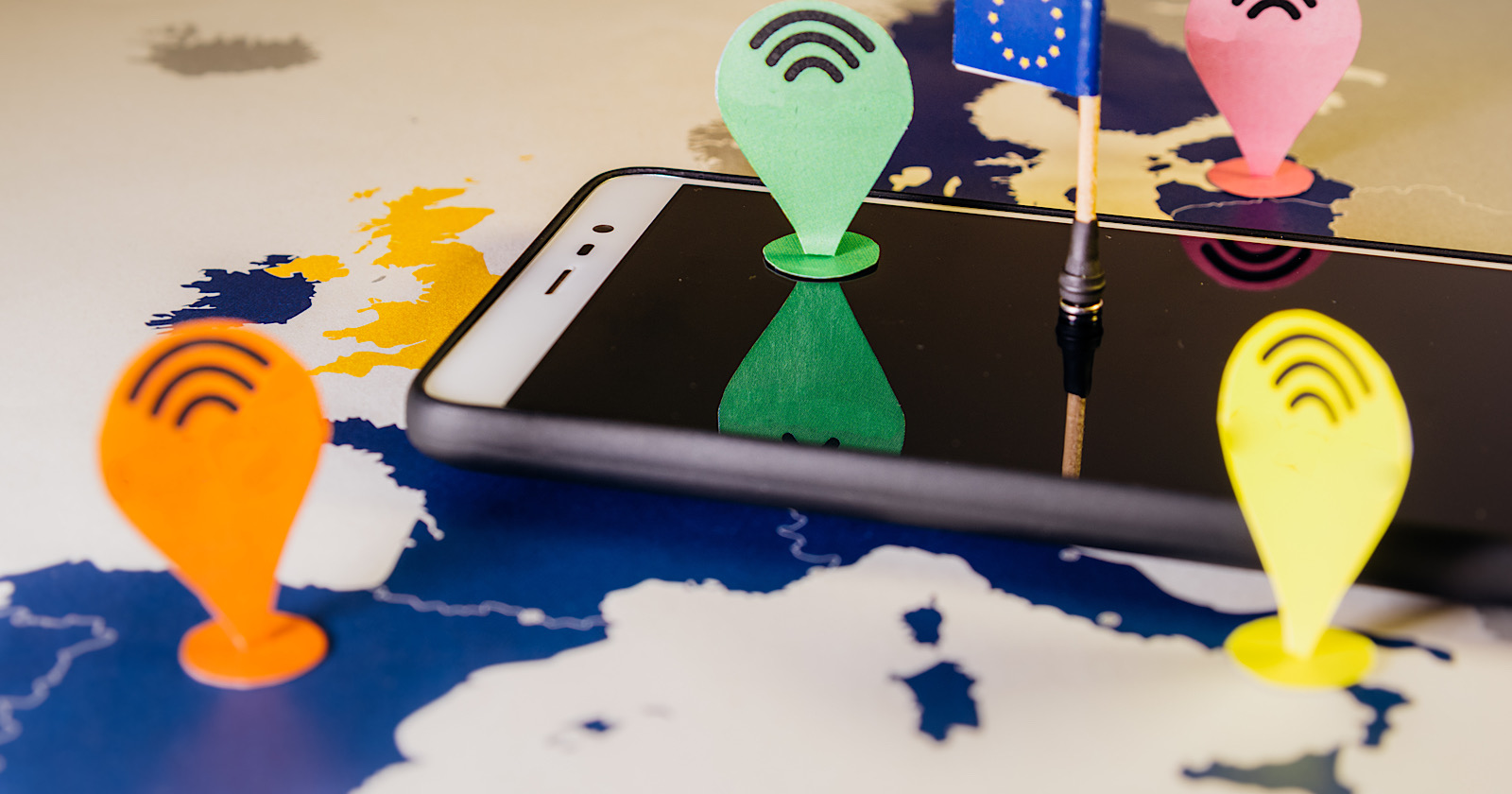The war on user privacy continues this week, as Meta has been ordered to halt behavioral advertising in Norway.
Meta received the order on July 14 from the Norwegian Data Protection Authority.
The order states that Meta can no longer serve personalized behavioral ads to consumers on Facebook and Instagram. The ban starts August 4 and will last for three months.
Let’s dive into the ban order itself and what it means for advertisers – now and in the future.
Background Of The Meta Personalized Ads Ban
In a previous ruling on July 4, the Court of Justice of the European Union stated that Meta was “unlawfully collecting people’s data to target them with ads without their explicit consent and based on the firm’s ‘legitimate interest.’
In addition to the EU ruling, Meta is being investigated by the Irish Data Protection Commission over similar advertising practices.
In January 2023, they fined Meta $410 million because they believed the company infringed on European consumers’ privacy. Since Meta appealed the decision, this particular investigation is still underway.
Because the Irish privacy regulator leads the General Data Protection Regulation (GDPR) compliance for all of Europe, countries within that region can make their own decisions for up to three months.
As a result of the ongoing investigation, Norway is the first country to issue such a ban to Meta just this week.
The Behavioral Ads Ban Explained
On the surface, it sounds like Meta can’t serve personalized ads to consumers.
As an advertiser, that type of news is enough to keep you up at night.
However, as we dig further into the ban order, it clarifies what is still acceptable and noncompliance implications.
According to the order, Facebook and Instagram can still serve customized ads solely based on a user profile’s “About” section. Because a user willingly gave that information, that does not go against non-consent policies.
Meta can still run contextual targeting ads that don’t rely on tracking users.
If Meta is found in noncompliance at any time, they will face a hefty daily fine of 1 million Norwegian Krone. This equates to roughly $99,495 US dollars.
The order provides an option for the ban to be lifted – but only if Meta finds and proves a new way to process personal data by GDPR legally. Users must also be allowed to opt out of targeted advertising based on tracking.
Advertising Implications of the Ban
So, does this mean advertisers who want to reach the Norwegian population can’t use Facebook or Instagram ads anymore?
Absolutely not.
However, there are a few possible outcomes that could happen due to the ban:
- Users will still see ads, but possibly more frequently and repeatedly.
- The ads users see and engage with will be less relevant.
- Advertiser CPMs could skyrocket due to targeting limitations.
While these are only speculations, these scenarios aren’t far-fetched.
If companies pause or opt out of using the Meta ads platform during the ban, that means less competition. Less competition can result in the same ads being shown repeatedly to a user. As a result:
- Higher ad frequency and CPMs
- Ads become less relevant to users
Small businesses will likely be affected the most, especially if Meta ads were a primary business driver. They may have to divert their paid media strategy without the targeting mechanics they’re used to to avoid losing business.
On the other hand, Facebook could decide to continue serving ads as usual due to the amount of advertising revenue it receives. They could see the ~$95,000 daily fine as a minimum expense to keep the income level.
In Summary
Metadata collection and privacy practices will be under a microscope for the next few months, if not longer.
Although Norway is the first country to enact an order like this, there could be others to follow suit. Currently, there are no reports of other countries announcing a similar ban.
These rulings and bans may set the stage for other forced changes in a world of complex and ever-changing privacy regulations.
We will update you as more developments are brought forward.
Featured Image: Ivan Marc/Shutterstock





![[SEO, PPC & Attribution] Unlocking The Power Of Offline Marketing In A Digital World](https://www.searchenginejournal.com/wp-content/uploads/2025/03/sidebar1x-534.png)